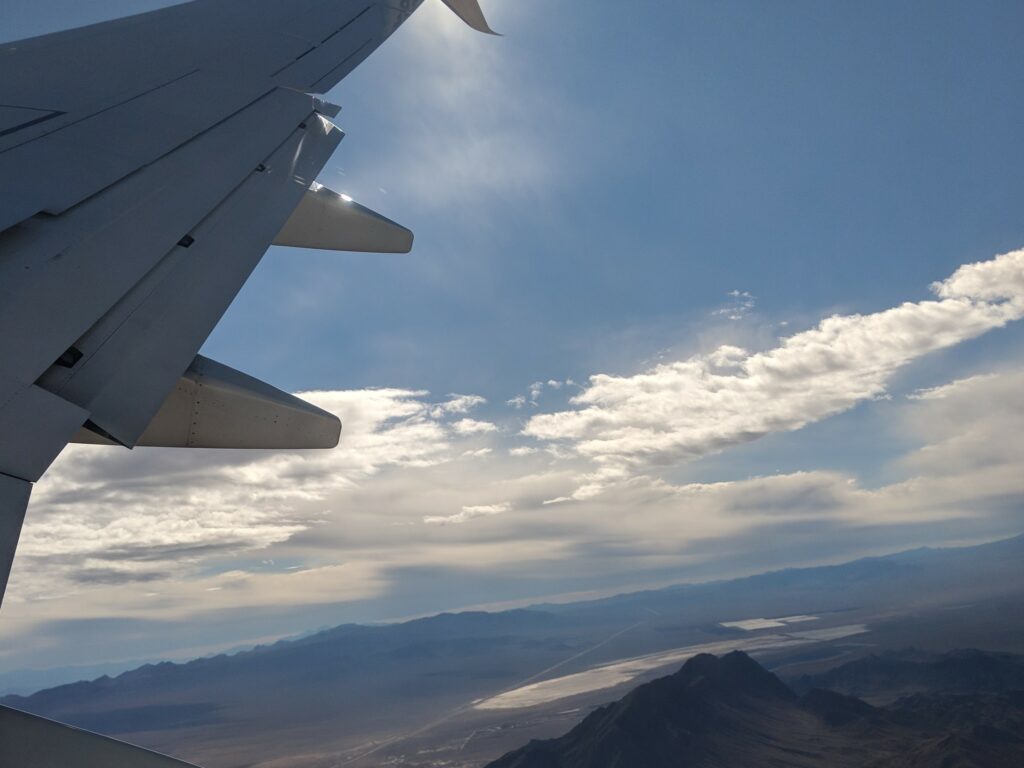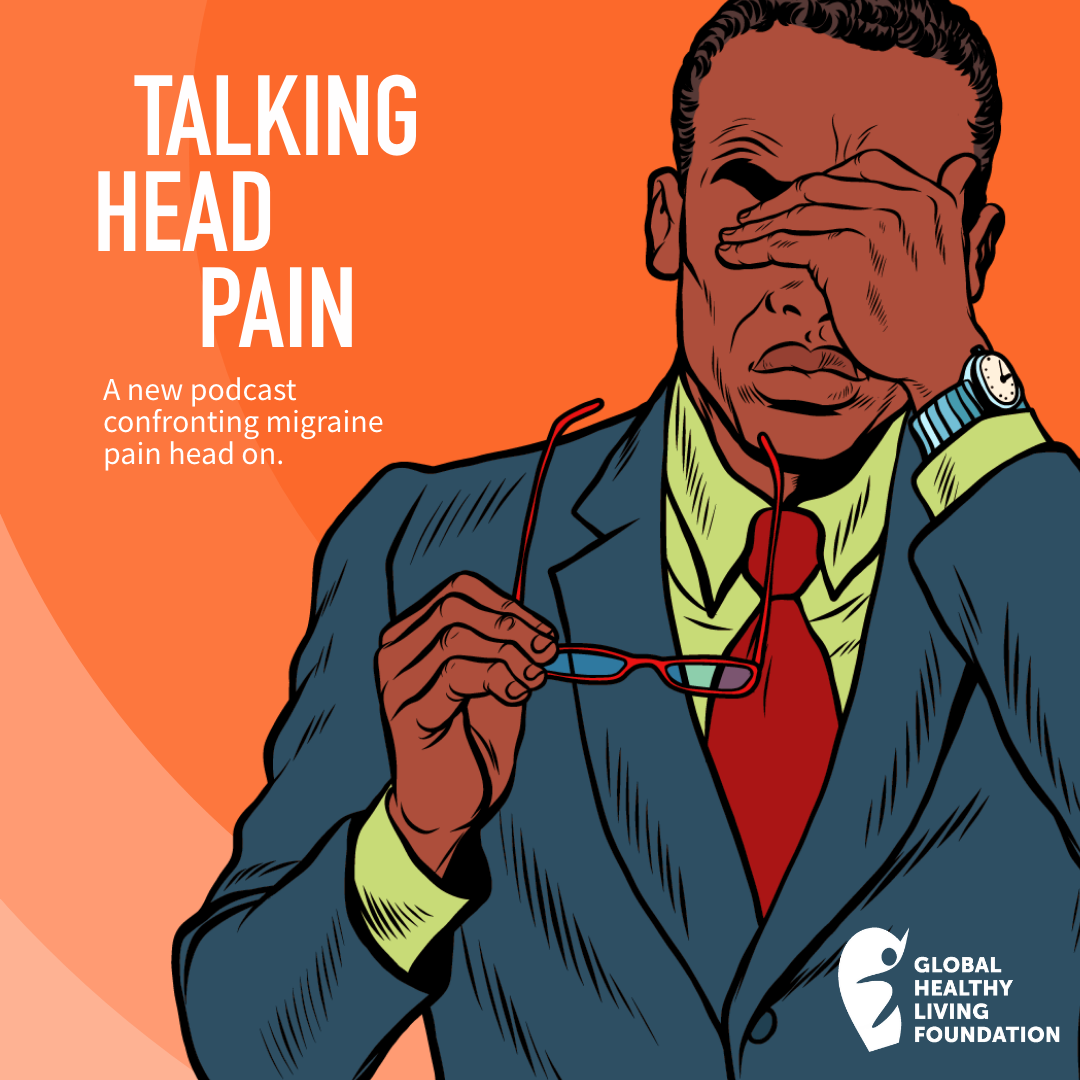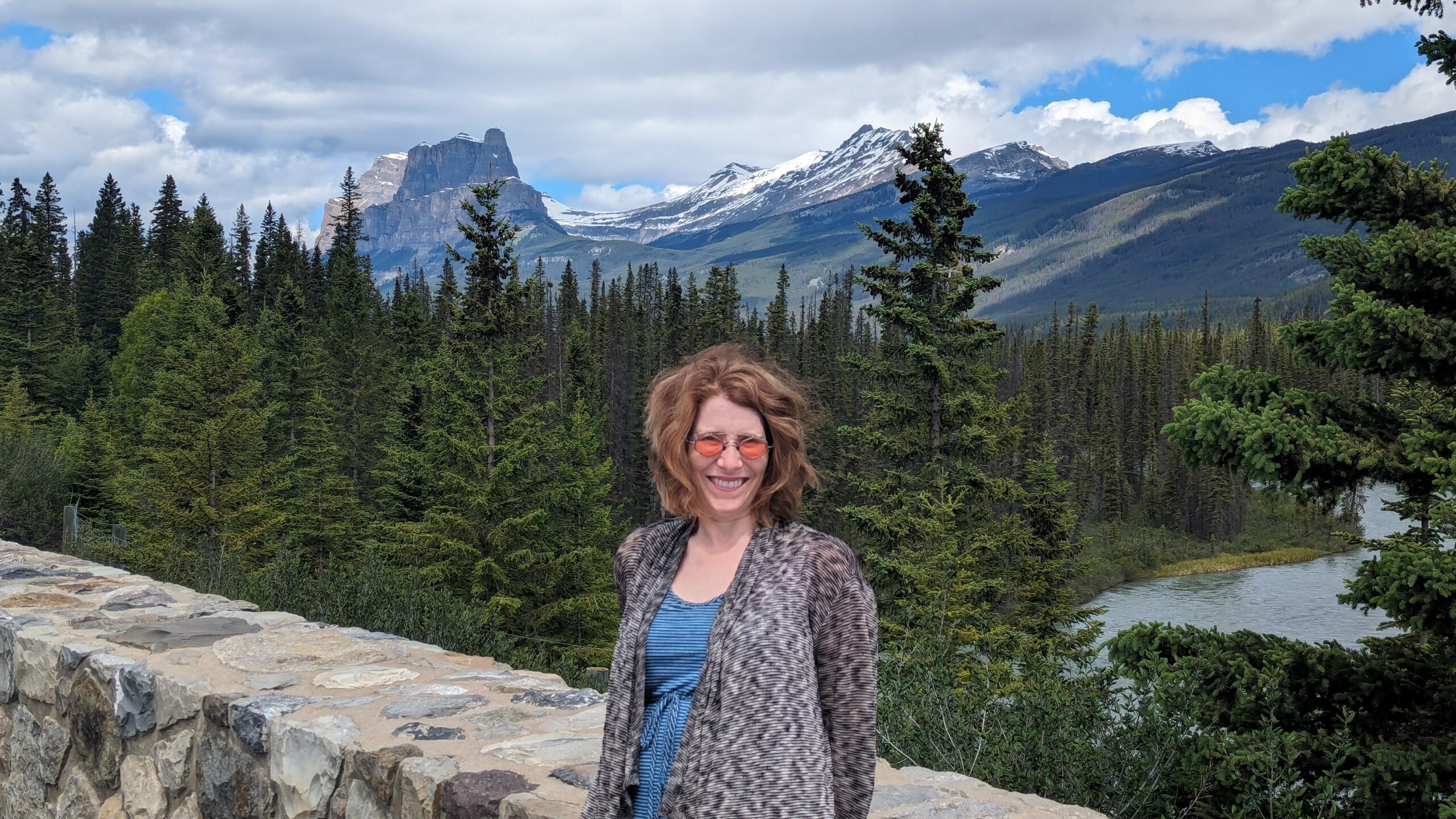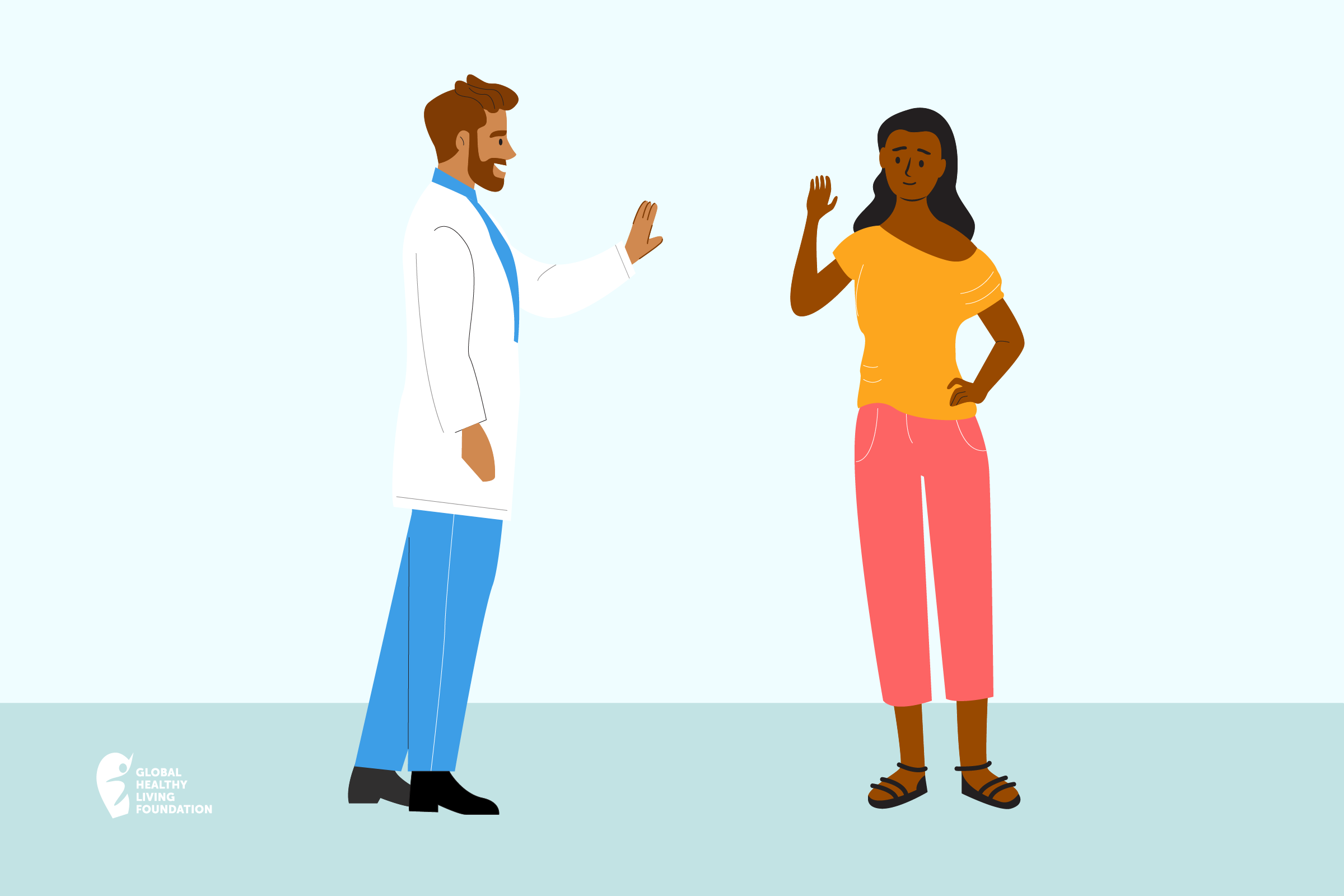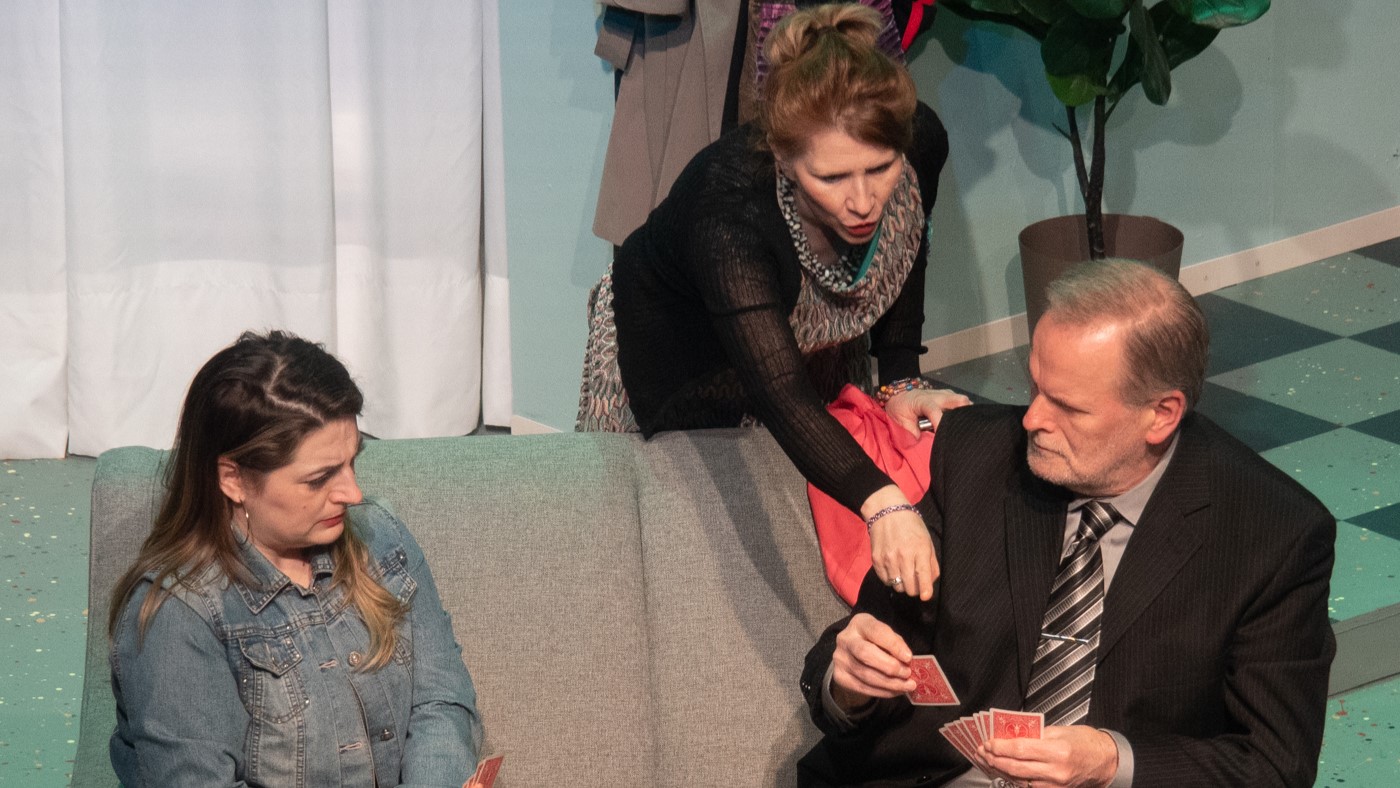It’s the morning of our flight to Portugal, and the Vancouver clouds have settled in the sky with a cloying humidity hinting rain is on the way. The smell of coffee fills the apartment as we begin our last-minute preparations before the trip. The weeks leading up to this day were filled with the stress and uncertainty of a constantly shifting world, and in a few short hours, we would be boarding a plane for our first international trip in over two years.
The Decision
Every year for my birthday my husband has given me the gift of travel, the opportunity to visit new places, experience new cultures — in the last two years when international travel was not an option, we rediscovered the beauty of our own province and country by taking local trips to the scenic Gulf Islands, wine country in BC’s Okanagan Valley, and even a trip across country to Toronto to visit my dear friend and writing buddy. The opportunity to travel internationally has come around again, and this year my husband surprised me with a trip to Portugal.
The world is still going through a huge upheaval with an ongoing pandemic, supply shortages, and service disruptions. People like me with rheumatoid arthritis (RA) and other chronic conditions are vulnerable to contagions and viruses. Was I ready to take the leap and go abroad again? The short answer was yes.
After a long two years of working in health care, I was burnt out and ready to step into another place and time. Scheduling is complicated when my husband and I plan a vacation. It’s tricky to find two weeks we can take off together. We were ready to accept that COVID could come knocking, but we also knew this was an opportunity that might not come around again.
The Preparations Before Boarding
Planning for a trip halfway around the world can be a daunting task. There are so many details and questions to settle. Do we have our vaccinations and passports up to date, what kind of health insurance do we need, what are the COVID protocols in the countries we are passing through and visiting?
Passports
Passports are necessary for international travel, and the flood of applications to renew or even get your first one overwhelmed Service Canada once travel opened up again. We tried to do the smart thing and send in our renewal applications well ahead of our travel dates, but even that was not enough. Mine arrived in mid-May — my husband’s passport did not. We called, we waited, we called again. There seemed to be little to no movement. The stress was building up, causing extra flares in my RA. Would we even be able to salvage this trip? How many thousands of dollars would we lose if we had to cancel? In the end, he lined up at the local passport office at 3:30 am to get his passport and a huge relief was lifted off our shoulders – but we were far from done.
Packing
Packing for a country we had never visited was also challenging. We researched weather, transportation, currency, and terrain. Good walking shoes and sun protection were high on our list, particularly as we were travelling to the south of Portugal, where the sun’s rays are more powerful than what we get here on the west coast of Vancouver. Although English is spoken in Portugal, we took some lessons to learn some Portuguese, so we could at least master some common phrases — while we were far from fluent when we left, the lessons helped us when grocery shopping so we could figure out what we were buying.
Health Insurance
With both of us living with chronic conditions, it’s important to have full health insurance to cover emergencies, pre-existing conditions, and of course, COVID. Many countries in Europe want proof of vaccinations — not simply basic travel vaccinations, such as Hepatitis A and measles, but proof that we are fully vaccinated against COVID, so we needed to download and print our federal vaccination record to carry with us.
Medication
If you take medications for chronic illness, talk to your doctor about the best way to transition through time zones — for twice daily, for example, try to keep them at least eight hours apart. Talk to your physician about how a delay or taking them a couple of hours early might affect your treatment. It will take at least 24 to 48 hours before you settle back into a proper routine again. Make sure pharmaceutical labels are clear for security screening and keep them in your carry-on in case your luggage goes on its own vacation without you.
Credit Cards
Before take-off, we put in a call to our bank and credit card companies, to alert them that we were leaving the country and purchases coming through from Europe were legitimate. A frozen bank account or credit card is not an issue we want to contend with while abroad.
The Plane Ride
We were now ready to board the plane. We faced a long day of travelling ahead of us, 14 hours in all, with one stopover. I can’t sleep on a plane no matter how tired I might be, so I was prepared to be awake for almost 24 hours. If I can’t sleep, I do my best to rest and drink plenty of fluids (and yes, while wine and spirits are tempting when complimentary, and we are on vacation after all, it’s wise to keep it in moderation and drink plenty of water.)
Once on the plane, it’s time to get comfortable. We are now in for a nine-hour flight for our first leg — our second leg is three hours. It’s a lot of sitting and that can be challenging when you have RA. Not everyone can manage this, but we booked premium economy seats for more leg room to stretch. The occasional stroll down the aisle will help keep joints fluid. Books, travel pillows, and headphones will help make a long flight more entertaining.
Masks are a still required on Canadian flights, so we brought a supply in our carry-on to change into fresh ones over the course of our flight. Throughout the journey there were gentle reminders from the crew to keep masks on except when eating or drinking, and on a flight this long, sustenance cannot be avoided. The airline also provided kits with hand sanitizer, a face mask, earplugs, and a blanket and eye masks for sleeping.
Staying Healthy
Another big part of preparing for this trip was determining if we were ready to leap into the world again amid an ongoing pandemic. The same tools we use in our everyday work and home life are the very same we use going abroad. Masking, hand-washing, sanitizing, and trying to avoid crowds, which is not always possible but we were ready to take that risk.
The weeks before our trip proved most challenging. Trying to stay healthy in a world where the Omicron was catching everyone in its wake, was difficult. We tried to limit our contact with others outside of work and monitored ourselves for any unwanted symptoms.
We rented a private villa with a full kitchen so that we could have our own space and the option to cook our own meals. The villa came with a spacious private deck that overlooked a stunning tropical garden and pool, and we were safely distanced from other guests. Our host offered to stock our kitchen with a few basic groceries for breakfast and lunch before our arrival.
After a long 24 hours, we landed at Faro airport in the picturesque Algarve region of Portugal, collected our baggage, and looked for the driver that would be waiting for us with my husband’s name on a sign. We followed him out of the airport where the warm Mediterranean air kissed our cheeks, and palm trees and blue skies promised us a peaceful respite. We arrived at our villa, asleep on our feet. Our gracious host gave us a quick tour and some last-minute instructions, and then left us to happily crawl into bed and sleep.
Tomorrow our vacation would begin — but that’s a story for another day.
Stay in Touch with CreakyJoints Canada
Part of the nonprofit Global Healthy Living Foundation, CreakyJoints is a digital community for millions of arthritis patients and caregivers worldwide who seek education, support, advocacy, and patient-centered research. All of our programming and services are always provided free of charge. As we grow CreakyJoints Canada we want to hear from you. Please join our email list to stay connected, learn about new content and initiatives, and send us suggestions and ideas.

